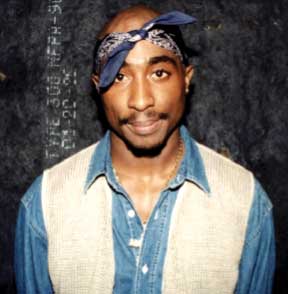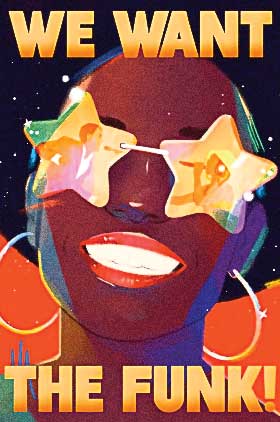Documentary Films
FREE and Open To The Public
November 15, 2025, 2:00pm
The Lost Tapes
of Malcolm X
January 17, 2026, 2:00pm
The Life &
Death of Tupac
March 14, 2026, 2:00pm
The History of
Funk Music and
Black Liberation
June 13, 2026, 2:00pm
The Story of
Barack Obama:
Becoming President /
Finding Hope




